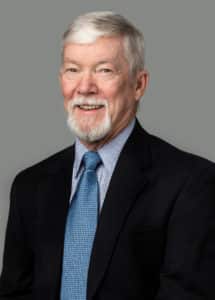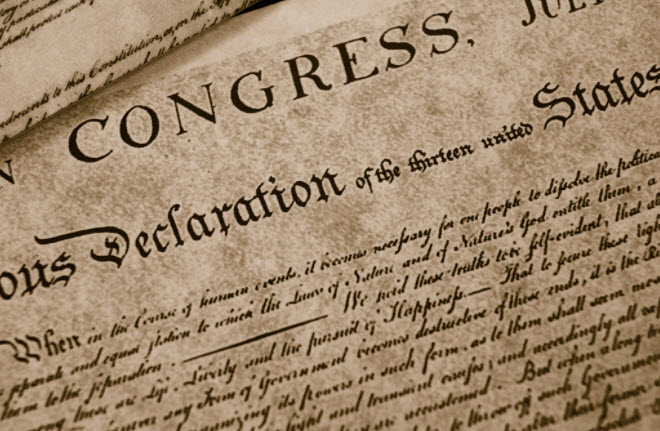Grant from Hurricane Harvey Relief Fund Allows Council to Provide Free Help for Trauma, Mental Health Issues, and Substance Use Disorders to People Affected by the Storm
Thanks to a grant received from the Hurricane Harvey Relief Fund, The Council on Recovery is now offering all of its services at no cost to qualified hurricane victims. The Council will provide counseling, treatment, and support to individuals and families affected by storm-related trauma, substance abuse issues, and mental health disorders. These free services will help those who are still struggling to recover nearly eight months after the hurricane hit the coast of Texas.

“Since the hurricane, we’ve continuously provided help to both flood victims and those whose lives were disrupted by the storm,” says Mel Taylor, President & CEO of The Council. “The trauma people experienced precipitated or compounded many addiction and mental health issues that we still deal with every day,” Taylor says, “For some, the financial distress caused by Harvey makes treatment at any cost unaffordable. This funding will allow us to serve those people and remain the starting point for everyone who needs help.”
The Council on Recovery will provide direct services across its broad spectrum of behavioral health and substance abuse programs to individuals affected by Hurricane Harvey. Services such as assessment, evaluation, intensive education, clinical treatment, case management, and recovery support will be expanded beyond current capacity. Those who qualify will receive these services at no charge.
“Our slogan is ‘You Know Someone Who Needs Us’,” Taylor says, “and Hurricane Harvey amplified that message across the Houston area. Thanks to the generous grant from the Hurricane Harvey Relief Fund, we’ll continue to meet the vital needs of our community with commitment and compassion.”
For more information, call The Council on Recovery at (713) 942-4100 or visit www.councilonrecovery.org

 Guest Blogger and long-time Council friend, Bob W. presents Part 27 of a series dealing with Alcoholism and Addiction from a Mystical, Mythological Perspective, reflecting Bob’s scholarly work as a Ph.D. in mythological studies.
Guest Blogger and long-time Council friend, Bob W. presents Part 27 of a series dealing with Alcoholism and Addiction from a Mystical, Mythological Perspective, reflecting Bob’s scholarly work as a Ph.D. in mythological studies.